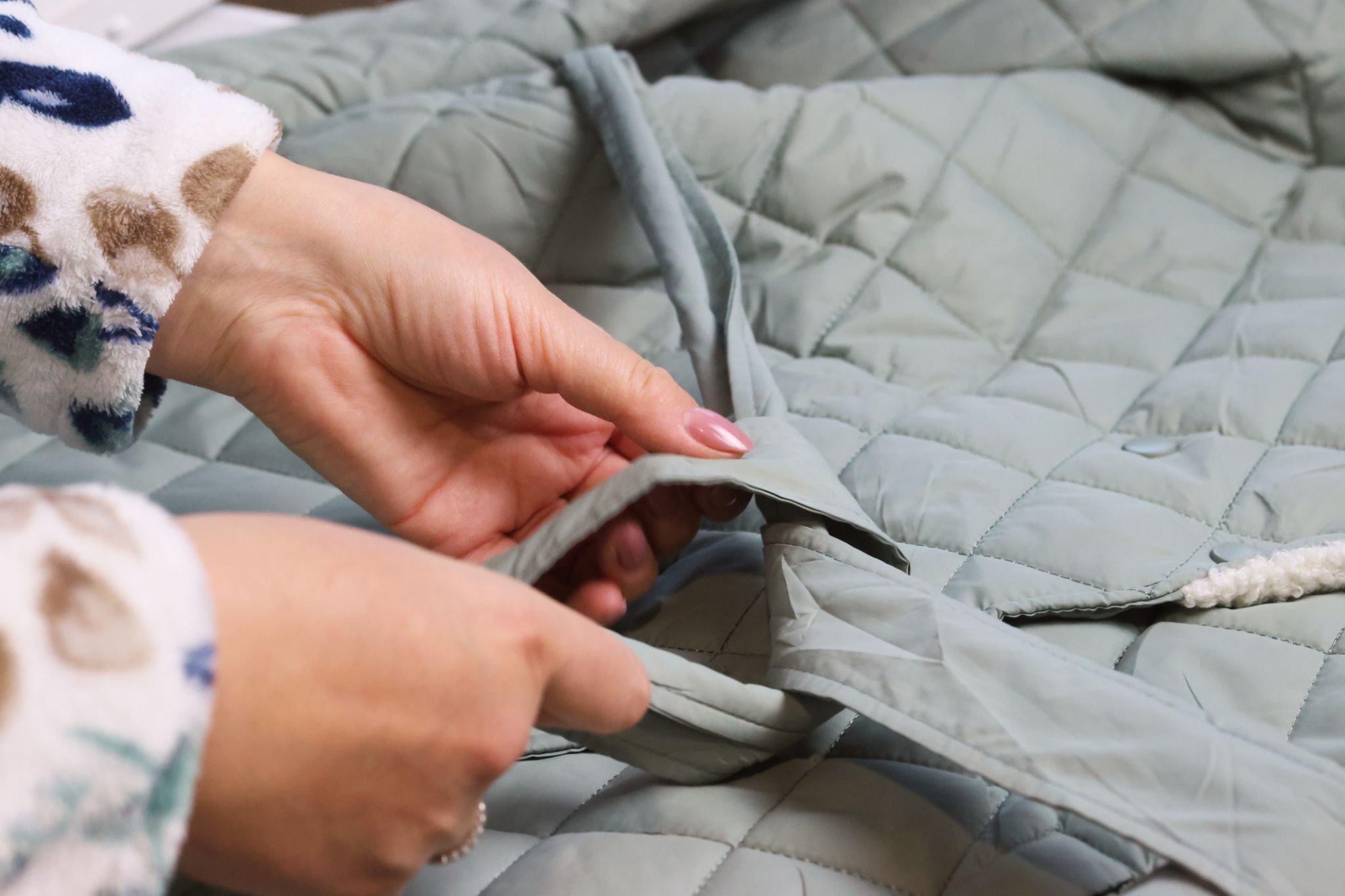Choosing the Right Fashion Manufacturer: Key Considerations for Your Brand
Fa
Understanding Your Brand's Needs
Before diving into the sea of fashion manufacturers, it is crucial to clearly understand your brand’s specific needs. This involves identifying your target market, the type of clothing you want to produce, and the volume you anticipate. A startup may prioritize flexibility and small-batch production, while an established brand may focus on scalability and cost efficiency.
Consider the materials and fabrics you will use and the style details that define your brand’s identity. These factors will significantly influence your choice of manufacturer. For instance, a brand focusing on sustainability may need a manufacturer with access to eco-friendly materials and processes.

Evaluating Manufacturer Expertise
Not all manufacturers are created equal. Some specialize in particular types of clothing or materials, which can impact the final product quality. When considering potential manufacturers, evaluate their expertise and experience in your specific niche. This can be done by reviewing their portfolio, client testimonials, and understanding their production capabilities.
Additionally, consider their technical skills and innovation capacity. A manufacturer that keeps up with the latest technology and trends can offer you a competitive edge by enhancing product quality and reducing production time.
Quality Control Measures
Quality control is paramount in fashion manufacturing as it directly impacts your brand’s reputation. Investigate the manufacturer’s quality control measures to ensure they align with your standards. This includes inspecting their facilities, understanding their quality assurance processes, and possibly conducting an audit.
Reliable manufacturers will have stringent quality checks at each stage of production, from sourcing materials to the final product. Be sure to discuss these measures in detail to avoid any potential issues down the line.

Logistics and Lead Times
Efficient logistics are essential to maintain a smooth production flow and meet market demands promptly. Understanding a manufacturer's lead times and logistics capabilities will help you plan your inventory and launch schedules effectively. Ensure they can meet your deadlines without compromising on quality.
Discussing shipping options and costs is also important. A manufacturer located closer to your distribution centers may offer reduced shipping times and costs, enhancing your overall operational efficiency.
Cost Considerations
Balancing cost and quality is often a challenging aspect of choosing a fashion manufacturer. While it might be tempting to opt for the cheapest option, it is essential to consider the long-term implications of this decision on your brand’s reputation and customer satisfaction.
Request detailed quotes from multiple manufacturers and carefully compare them. Look beyond the numbers to understand what each quote includes in terms of materials, labor, and additional services such as design support or packaging.

Building a Strong Partnership
Finally, establishing a strong partnership with your manufacturer is key to long-term success. Communication is vital—ensure there is a clear line of communication and that they are responsive to your needs and feedback. A manufacturer willing to collaborate and adapt can significantly contribute to your brand’s growth.
A strong partnership also means transparency in operations and pricing, ensuring that both parties are aligned in goals and expectations. Regular visits to the manufacturing facility can help nurture this relationship and provide firsthand insight into operations.
The Importance of Sustainability
As consumers become more conscious about environmental impacts, sustainability has become a critical consideration in fashion manufacturing. Look for manufacturers who adopt sustainable practices, such as minimizing waste, using renewable energy sources, or offering recyclable packaging options.
Choosing a sustainable manufacturer not only helps the environment but also enhances your brand’s image as a responsible company committed to ethical practices.
